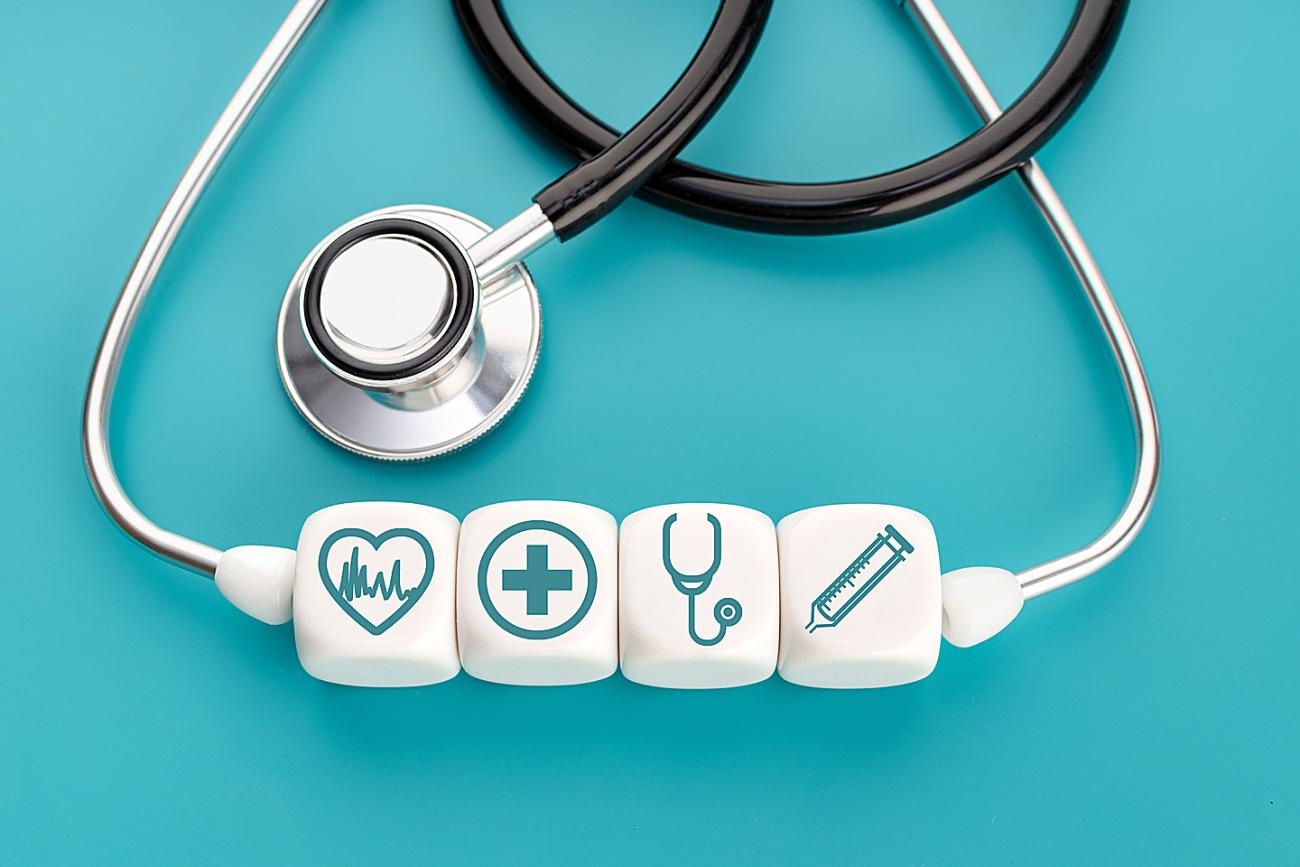Even as Massachusetts continues to be a national health care leader, including with recent reforms to the behavioral health system, we are cognizant that the crisis in mental health and substance use disorders continues to push our most underserved residents to their breaking point. Current data shows rates of opioid overdose deaths overall slightly improving but rising rates in overdose deaths in communities of color in Massachusetts. Hospital stays for serious mental health conditions have been getting longer since 2016 and disparities in mental health care access have been more pronounced. Due to recent funding cuts and administrative action from the Trump Administration, behavioral health access is likely to get worse, and health inequities are expected to increase.
Medicaid’s Importance in Behavioral Health
Nationally, Medicaid is the largest payer for mental health services, and pays for 25% of all spending on mental health and substance use disorder treatment. Massachusetts’ Medicaid program, MassHealth, pays for an even larger portion of behavioral health expenditures. In 2018, MassHealth covered nearly half of all behavioral health services in the state. Massachusetts has one of the lowest rates of suicide deaths in the country, but we also have the 7th highest rate of addiction, with 1 in 10 residents experiencing a substance use disorder. MassHealth programs provide coverage and access to behavioral health services and supports the behavioral health workforce through many workforce development innovations. However, with the cuts to Medicaid funding in H.R. 1 (the One Big Beautiful Bill Act), the future of many MassHealth programs is uncertain, potentially impacting the progress the state has made to increase access to behavioral health services for the 1 in 3 residents – including nearly half of children – who rely on MassHealth.
SAMHSA and the National Suicide Lifeline
As part of the Trump Administration’s Department of Government Efficiency efforts, many agencies within the U.S. Department of Health and Human Services (HHS) are being consolidated under the new Administration for a Healthy America, including the Substance Abuse and Mental Health Services Administration (SAMHSA). SAMHSA is a leader in many of the advances in access to mental health and substance use disorder services in recent years, including the 25% nationwide overdose death decline in 2024 compared with 2023. While HHS Secretary Robert F. Kennedy Jr. claims this consolidation will preserve the core function of the agency, the cultural competency programs of the 988 Suicide and Crisis Lifeline have been removed from their website, and the LGBTQ+ specialized lifeline program was closed last month. The program provided life-saving support to over 1.4 million LGBTQ+ youth who will now have to find other resources. The administration is also using other avenues to cut and lessen the reach of certain grant programs, such as the recent HHS notice that changes how the agency interprets federal law that restricts how recipients of federal grant funds can use resources for certain individuals who are not U.S. citizens. These cuts are focused on mental health supports for LGBTQ+ residents, people of color, and immigrants, communities who already face heightened risk of behavioral health issues.
Moving Forward
The cuts to Medicaid and SAMHSA are at risk of cutting people off from lifesaving mental health resources, but there are still resources available. There are many organizations in Massachusetts – several HCFA has the privilege of partnering with – in the Children’s Mental Health Campaign and other coalitions, that are working towards a more accessible and equitable behavioral health system. For the past several years, HCFA has also played a part in these efforts by working to ensure the sustainability of comprehensive, team-based care models that integrate mental and behavioral health support for children and families into pediatric primary care. Access to behavioral health resources and support, especially in early childhood, are key to setting children up for long-term emotional well-being. The attacks on behavioral health care access are a health equity issue, which is central to HCFA’s mission. HCFA remains committed to working towards the long-term goal of a more accessible, affordable and equitable health care system.
If you are struggling with a mental health crisis, there are resources for you. Please reach out to Massachusetts resources below:
- Massachusetts Behavioral Health Help Line: 1-833-773-2445, free, confidential, available to Massachusetts residents regardless of insurance – clinical help with translation services for 200+ languages, available 24/7/265 via phone, text and web chat.
- Massachusetts Substance Use Information and Education Helpline: 1-800-327-5050, statewide, public resource for substance use harm reduction, treatment, recovery, and problem gambling services. Helpline services are free and confidential, and available 24/7.
- SafeLink Domestic Violence Hotline: 1-877-785-2020, Massachusetts’s statewide 24/7 toll-free domestic violence hotline and a resource for anyone affected by domestic or dating violence.
- Boston Area Rape Crisis Center: 1-800-841-8371, free, confidential services to empower and heal all survivors of sexual violence.
- Community Behavioral Health Centers: “One-stop” shops for a wide range of mental health and substance use services and treatment.
- Hand Hold MA: Department of Mental Health resources to guide parents through caring for their child’s mental health and emotional well-being.
- Insurance Resource Center for Autism and Behavioral Health: Help for families and patients navigating health insurance resources for autism and behavioral health treatments in Massachusetts.
Sam Chanen is a practicum student at Health Care For All studying at Harvard’s Chan School of Public Health.


